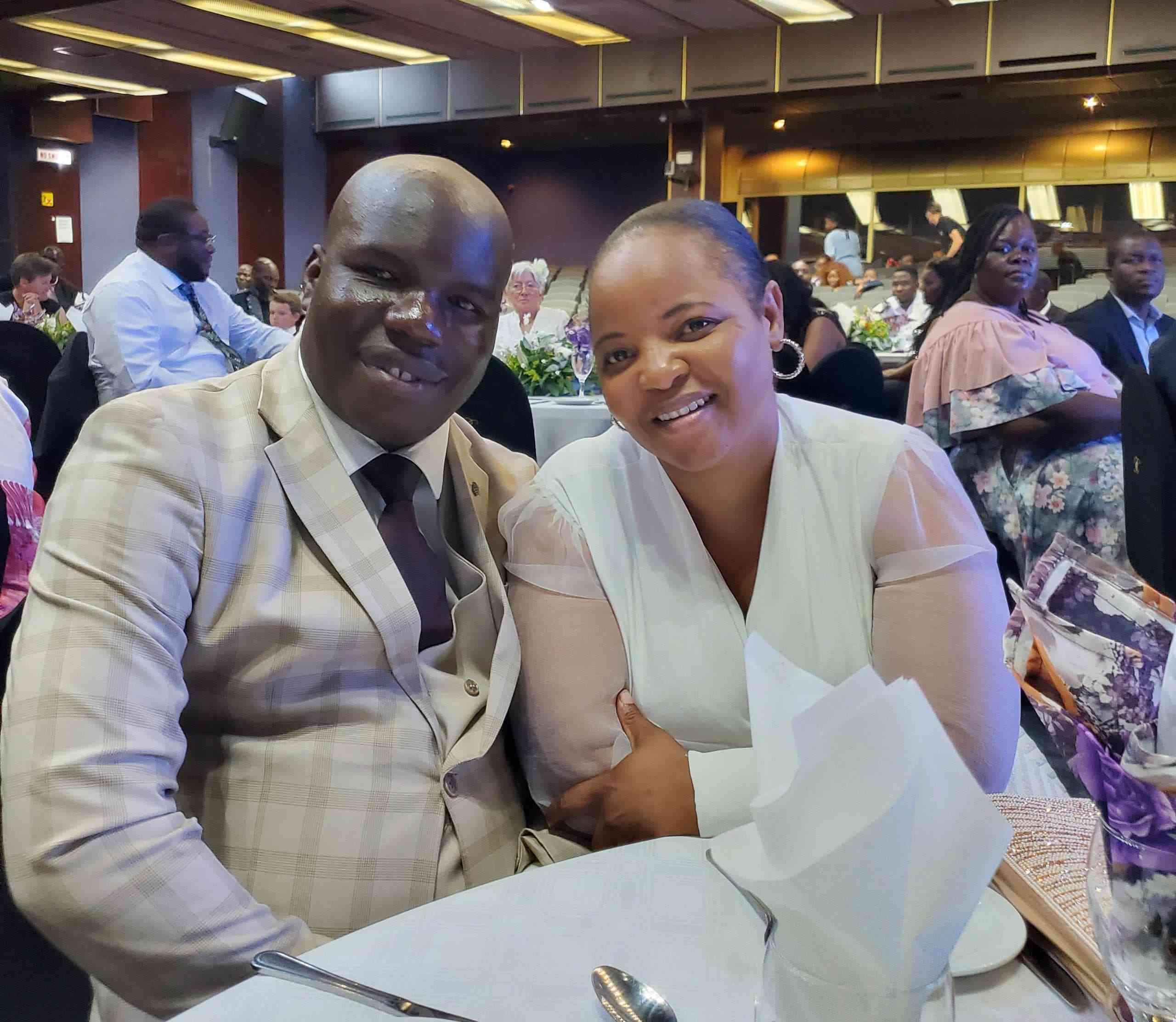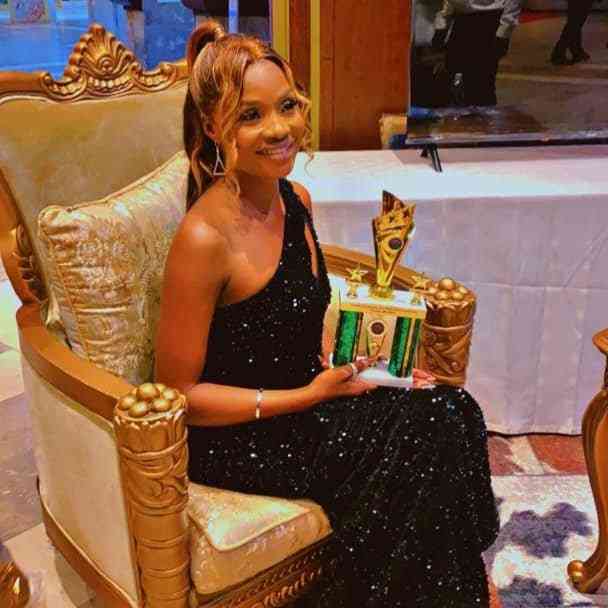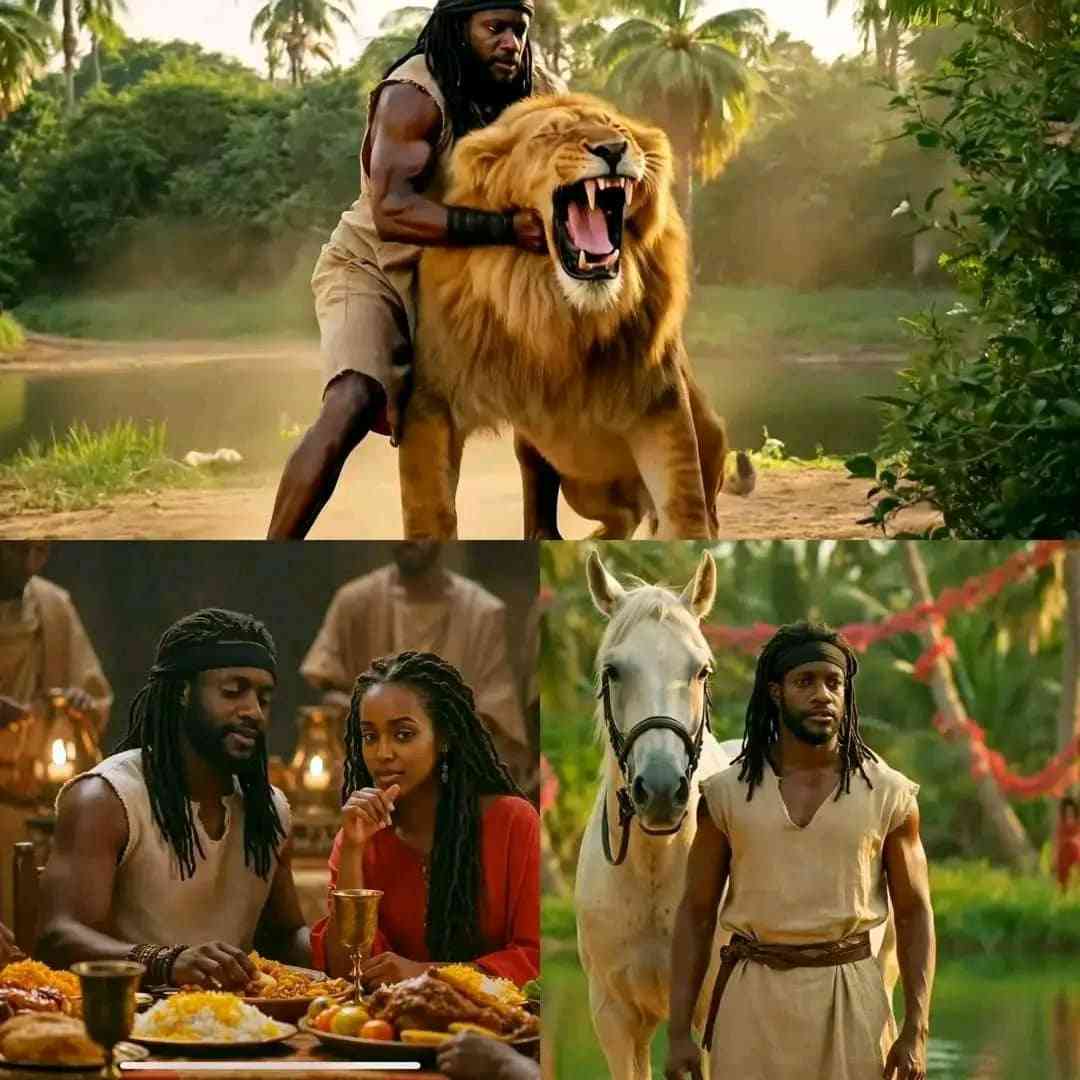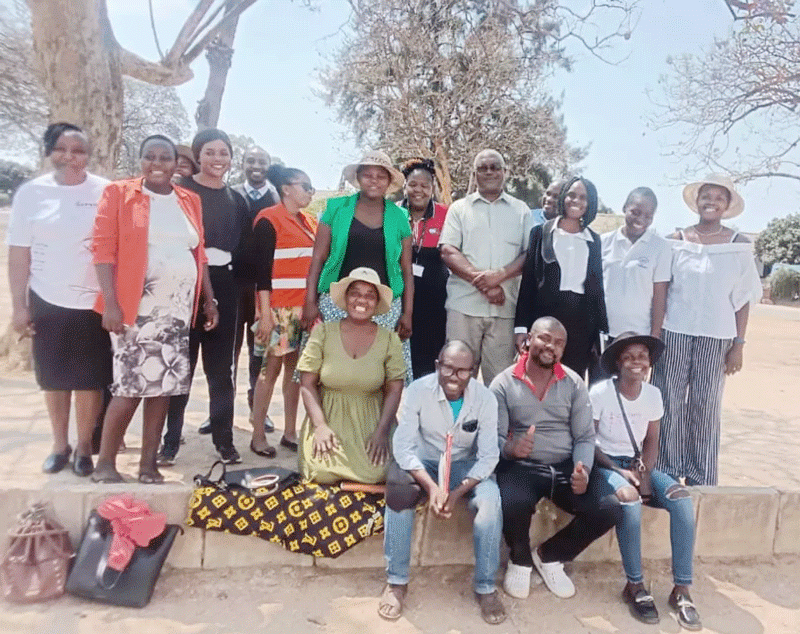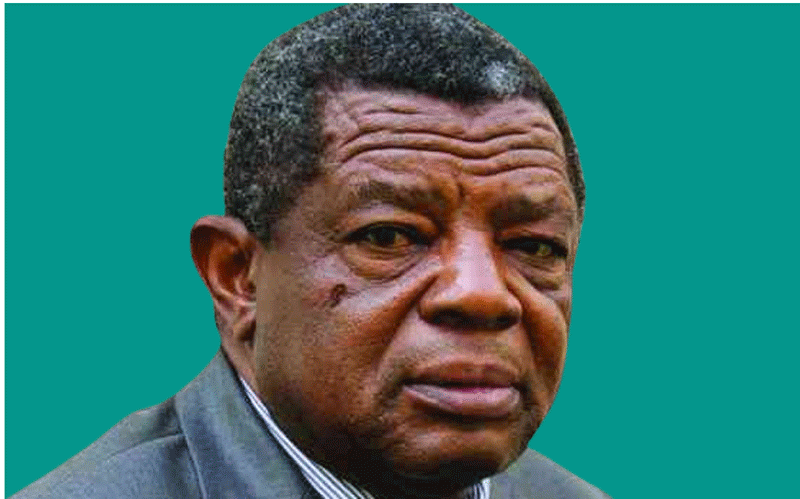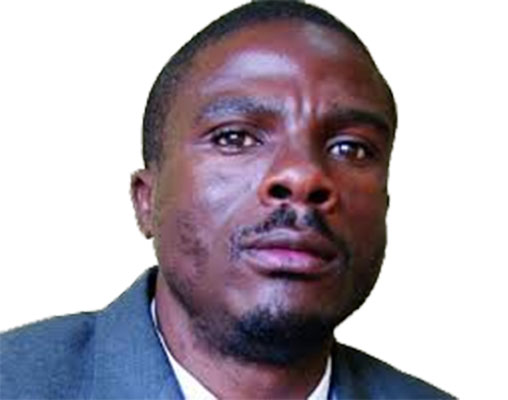
travelling & touring:with Burzil Dube
THIS week’s article was meant to highlight thousands of comments, which this column received following narrations concerning the Nambya, Lemba and Tonga tribes’ arrival in modern-day Zimbabwe.
Some of the commendations and brickbats received concerning the above-mentioned first two tribes were really fantastic and spurred for more coverage of other indigenous groups as well.
Little did yours truly know that he was about to stir a hornet’s nest where expletives were the order of the day.
The feedback this column is receiving is quite encouraging especially from those, who surprisingly are of the misguided opinion that an article should pander to their whims.
The days of kowtowing are over.
Some few weeks ago, yours truly was accused of distorting the truth concerning who were the first to settle in the then Wankie district. But such information is easily and readily available at the National Archives in Harare.
A mere phone call to the country’s leading historians can also suffice.
- Chamisa under fire over US$120K donation
- Mavhunga puts DeMbare into Chibuku quarterfinals
- Pension funds bet on Cabora Bassa oilfields
- Councils defy govt fire tender directive
Keep Reading
As clearly enunciated during the birth of this column, yours truly hinted that no prisoners would be taken and the trend has not changed.
Whoever coined the phrase: “truth hurts” deserves a special gold medal of some sort.
Enough of digression over petty issues.
When colonialists arrived in the then Southern Rhodesia, some places that had indigenous names were changed to suit their needs and interests.
Other names were corrupted to suit their pronunciation style while others were discarded due to various reasons and were given new tags in tandem with their values.
When the British South Africa Company, popularly known as Pioneer Column, arrived in modern day Masvingo around 1890, the place was christened Fort Victoria.
The name was in honour of Queen Victoria, the British monarch who had ascended to the throne during that particular time.
The same also applies to the mighty Victoria Falls, which is among the Seven Wonders of the World.
David Livingstone is one of the British explorers among the first Europeans to “discover” this spectacular waterfall, which he later christened Victoria Falls. However, before Livingstone’s arrival, there were local tribes resident in the Falls’ vicinity.
These tribes had their own names with Mo-sia-Tunya, which is a Kololo and Lozi name for “Smoke that Thunders”, being the most popular identification of the area even to this day.
The place is also considered to be the largest waterfall in the world, especially during the rain season.
As yours truly seeks to come up with a final episode of the Tonga way of living in western Zimbabwe, today we look at some local places whose names have some ethnicity background.
Some of the named areas could be subject to debate, but that could be left for another day as we are both endowed with originality and creativity.
In the previous articles, we discussed how the names Simangani and Chezya among others came into being and this brought some form of debate as to the authenticity of such names.
Makwa is a place which is a few kilometres northwest of Hwange town and is mostly popular due to its geographical location as well as religious disposition.
Makwa was known as Makuwa (white settlers) and that’s where they first settled before proceeding to Luseche in 1932 avoiding the tsetse fly whose sleeping sickness made them to move further.
From Luseche the early missionaries finally moved and settled at St Mary’s in Lukosi around 1935.
In Jambezi, there is a feeder stream called Kanywambizi where it was said zebras used to drink in that particular rivulet.
However, the name was later corrupted to Kanyambizi and the rest is now history.
It is said Kanywambizi refers to a place where zebras preferred to drink and it remains to be seen if these animals continue to quench their thirst on this particular stream.
Some of the popular names that were systematically changed due to language and pronunciation challenges include Sinejambezi to Jambezi, Inkandoyebbwe to Nkandebwe, Cinamatila to Sinamatella and Ponda-a- matenki to Pandamatenga.
Chentali is a place situated along the Cross Dete-Hwange road where there is irrigation of tomatoes and bananas with the particular products being sold at reasonable rates.
During Tonga arrivals in the area, there was a stream that was heavily-infested with crocodiles and hence the original name Chentale.
On the same road going eastwards there is a place called Lupote, which in Tonga lingo means bushy area.
Maybe during yesteryears the description could have been ideal compared to the current situation.
The name Makwandala is said to be associated with crumbs of sadza, but no one really knows why such a description was given to this area.
The actual name is supposed to have been Makwendala and is adjacent to Dete centre.
Mlibizi holiday resort is another fishing area, which is popular with both local and foreign tourists due to its proximity to Zambezi River and also acts as a terminal for boat ferries for passengers and vehicles to Kariba.
This name was derived from Mulibezi-na, which was a question where a Tonga chief asked his subjects on whether they knew the people or visitors who had strayed into his chiefdom.
Kalisine, which means go and hang, is situated between Mpongola and Dinde just a few kilometres from Hwange.
There are thousands of Tonga names which could fill a complete book and it is also the same with other indigenous communities as well.
l Comments always welcome on: dubebasill@gmail.com or Twitter@DubeBurzil

